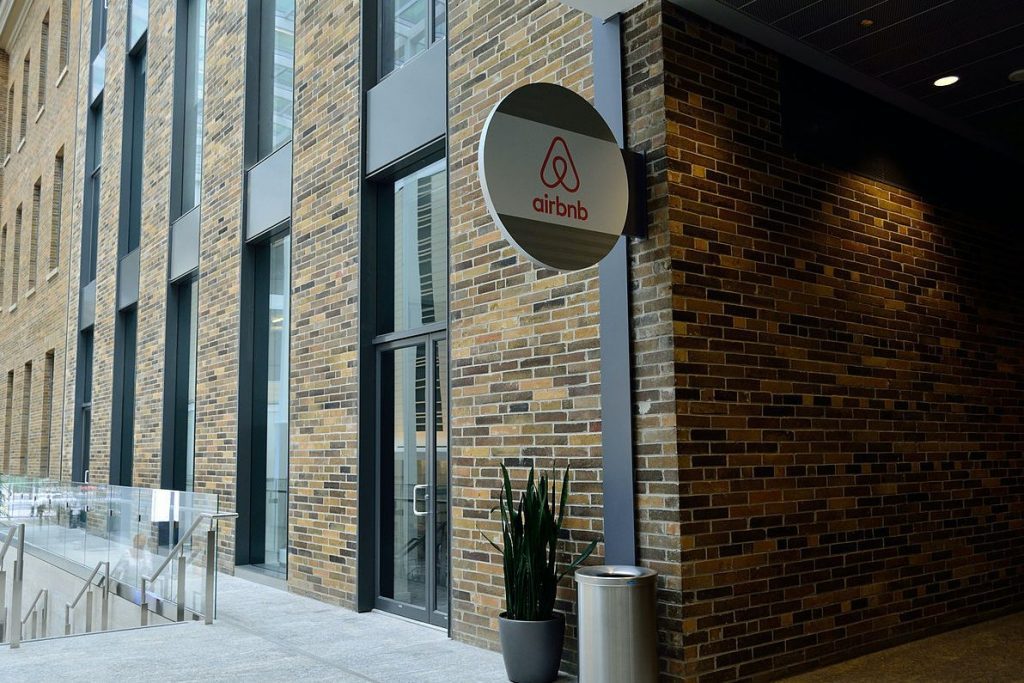Airbnb Will Not Lose Its Soul Despite IPO and Success, Promises Longtime Advisor

Skift Take
Every company goes through growing pains, but Airbnb can't forget what initially drew so many travelers away from hotels and into the short-term rental sector.
Airbnb is an increasingly formidable player in the hospitality sector, but with its rapid growth came critiques that the company risked losing its "live like a local" ideology and soul.
A key advisor to the company says it is possible to expand into new revenue streams without losing Airbnb's foundation business.
“The company is a strong enough brand that there have been ways for us to expand the brand and expand the revenue,” said Chip Conley, strategic advisor for hospitality and leadership at Airbnb, Wednesday at Skift’s Short-Term Rental and Outdoor Summit in discussion with Executive Editor Dennis Schaal. “I believe Airbnb has the capacity to be a lifestyle curator in a way that it’s not just a homesharing company.”
Short-term home rentals remain Airbnb’s major source of revenue, but the company branched out into other business lines that grew especially during the months of pandemic-related lockdown. Experiential bookings, like cooking classes, are popular with local residents as well as those on the other side of the world looki
